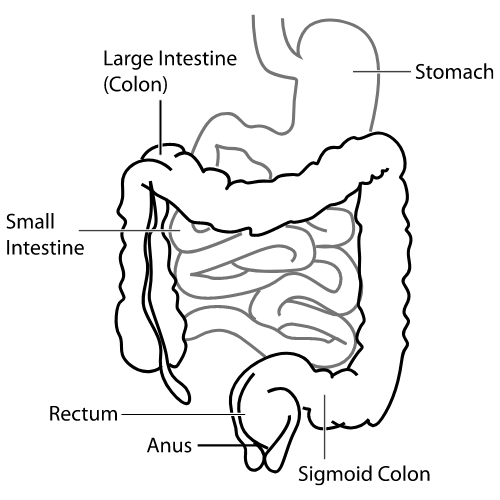Digestion is the process by which food is broken down into smaller molecules that can be absorbed and used by the body for energy, growth, and repair. The process of digestion begins in the mouth, where food is mechanically broken down by the teeth and chemically broken down by enzymes in the saliva. From there, the partially digested food, known as a bolus, travels down the esophagus and into the stomach.
Digestion:-
In the stomach, the bolus is mixed with stomach acid and enzymes, which continue the process of breaking down the food. The stomach acid kills bacteria and other microorganisms that may be present in the food, while the enzymes break down the proteins and other large molecules into smaller molecules. The stomach muscles also contract, helping to mix the food and push it through the stomach.
After several hours in the stomach, the partially digested food, now known as chyme, moves into the small intestine. The small intestine is where most of the nutrient absorption takes place. The walls of the small intestine are lined with finger-like projections called villi and microvilli, which increase the surface area for absorption. The small intestine also secretes a variety of enzymes and bicarbonate to help break down the food.
The pancreas also secretes enzymes into the small intestine, which aid in the digestion of carbohydrates, proteins, and fats. The liver and gallbladder also play a role in the digestion process by secreting bile, which emulsifies fats and helps them to be broken down and absorbed.
As the chyme moves through the small intestine, the nutrients are absorbed through the walls of the intestine and into the bloodstream. The bloodstream then transports the nutrients to the cells of the body, where they can be used for energy, growth, and repair.
Any undigested food and waste products continue to move through the large intestine, where water and electrolytes are reabsorbed. The remaining material is then eliminated from the body through the rectum and anus as feces.
In summary, the process of digestion is a complex and multi-step process that involves the mechanical and chemical breakdown of food in the mouth, stomach, and small intestine, and the absorption of nutrients into the bloodstream. It also involves the elimination of waste products through the large intestine and rectum. The process of digestion is regulated by hormones and nerves which tell the stomach and intestines when to contract and release enzymes.
It's worth noting that digestion can be affected by various factors such as:
Illness and disease can affect the ability of the stomach and intestines to produce acid and enzymes and to contract properly.
Medications can affect the ability of the stomach and intestines to produce acid and enzymes and to contract properly, and also can slow down the movement of food through the digestive tract.
Stress can also affect the muscle contractions of the stomach and intestines, leading to indigestion or other digestive problems.
Age, as we age, our body's ability to produce stomach acid and enzymes decreases, which can lead to difficulty digesting food.
It's important to maintain a healthy diet and lifestyle to ensure proper digestion. If you have any symptoms or concerns related to your digestion, it's best to consult with a healthcare professional.



0 Comments
If you have any doubts, please let me know...